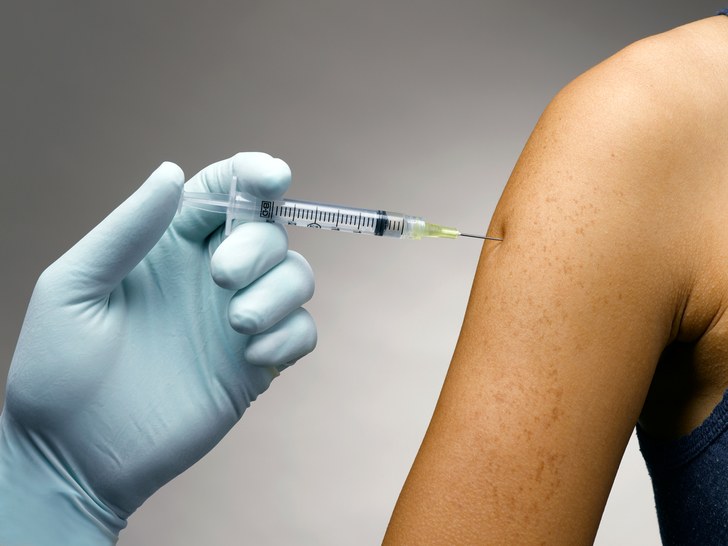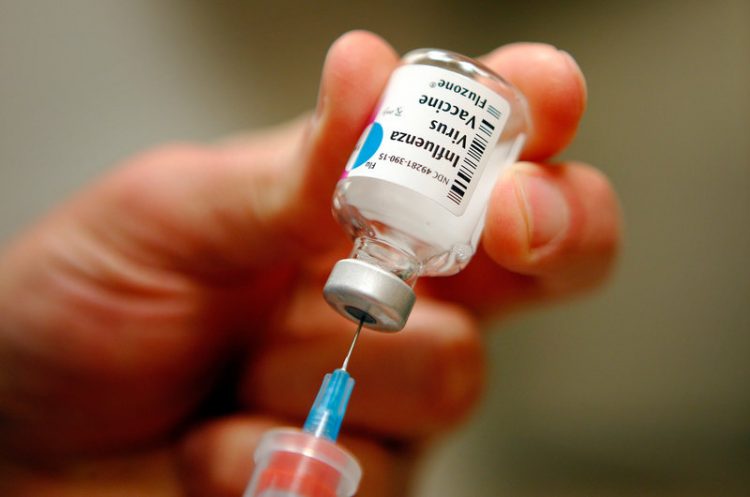A top expert just warned that this season’s flu vaccine may be ineffective.
An influenza expert from the University of British Columbia, Dr. Danuta Skowronski, said to Stat News that this year’s flu vaccine for the Northern Hemisphere, including the US, Canada, and the UK, is likely to be a ‘mismatch.’
Flu vaccines have to be developed before every season according to scientists’ predictions of which strains will be very active.
World Health Organization’s officials chose the strains for the North Hemisphere’s vaccine in February and selected those for the Southern Hemisphere last week.
Officials chose influenza A/H3N2 and B/Victoria for the Southern Hemisphere – different from the strains selected for the Northern Hemisphere.
Dr. Skowronski said: “I think the vaccine strain selections by the WHO committee are obviously important for the Southern Hemisphere but they’re also signals to us because they’re basing their decisions on what they see current predominating on the global level.”
Every year, the flu virus circulates the world, usually becoming more active in the United States during October.
Between 3 and 5 million people fall ill worldwide and between 290,000 and 650,000 pass away because of the disease.
Most of the patients that die are very old, very young or have a medical condition.
During the 2017 to 2018 flu season, 80,000 people passed away, including more than 150 children. The high fatality rate was blamed on the fact that the vaccines distributed to the United States were a poor match for the circulating strains of the virus.
It is impossible to determine exactly how many strains of flu there are but the most common viruses are influenza A and B. However, there are also others and they vary according to the hosts they attack (bird, swine, etc.)
After narrowing the viruses down to influenza A/H3N2 and B/Victoria, scientists struggled to choose which variation of the H3N2 would pose the greatest threat, so they went with the virus type that ramped up last season.
But Dr. Skowronski thinks it might’ve been a mistake. “That H3N2 wave was late and it was evolving at the time that they met in February.
“And there was a diverse mix of H3 viruses. And it wasn’t clear to them, I guess, [which strain] … would emerge the clear winner.”
But things had changed by the time officials met again this month to make a decision for the Southern Hemisphere’s vaccine.
What are your thoughts on this? Let us know in the comments section and SHARE this post with your family and friends!
Replaced!






